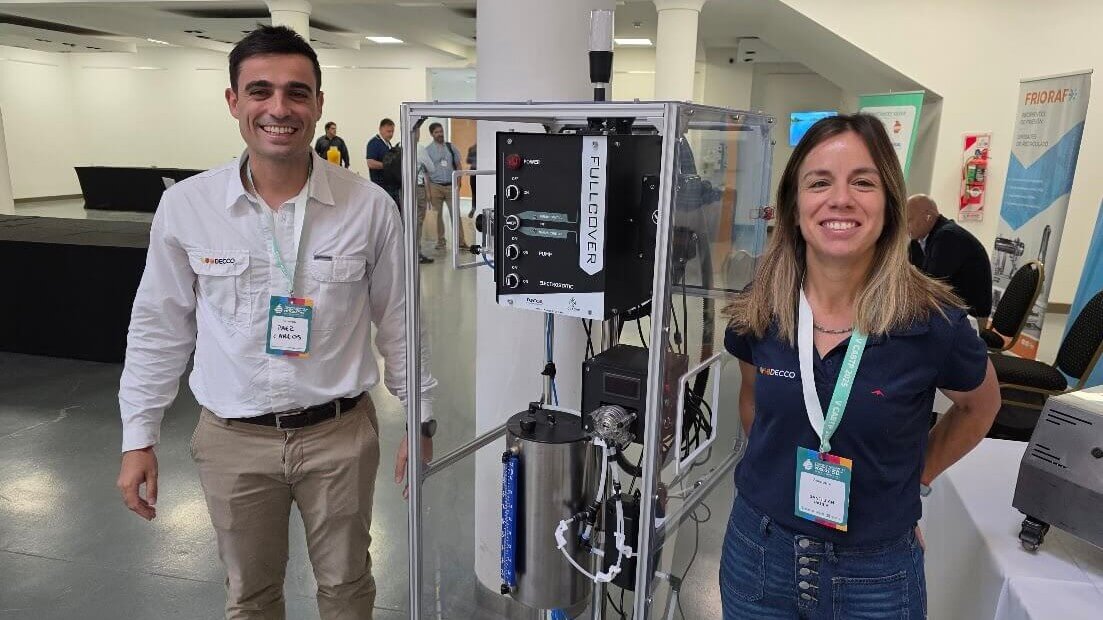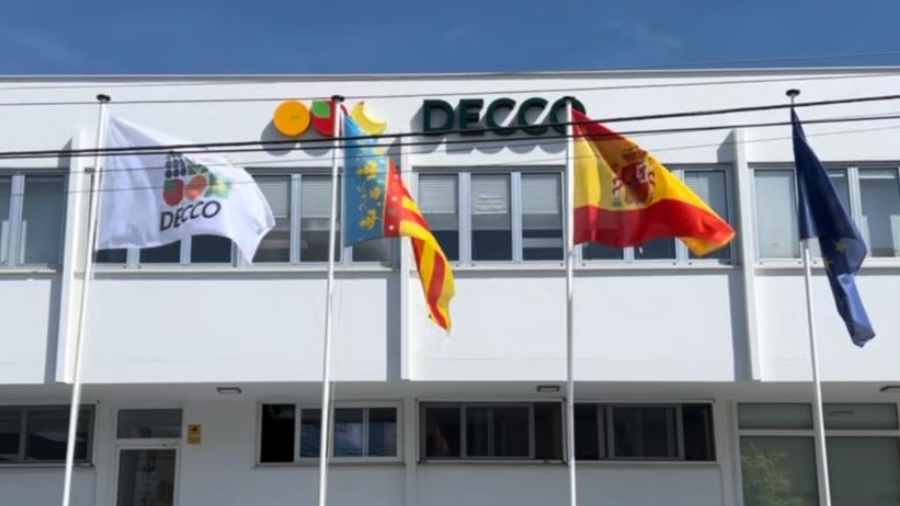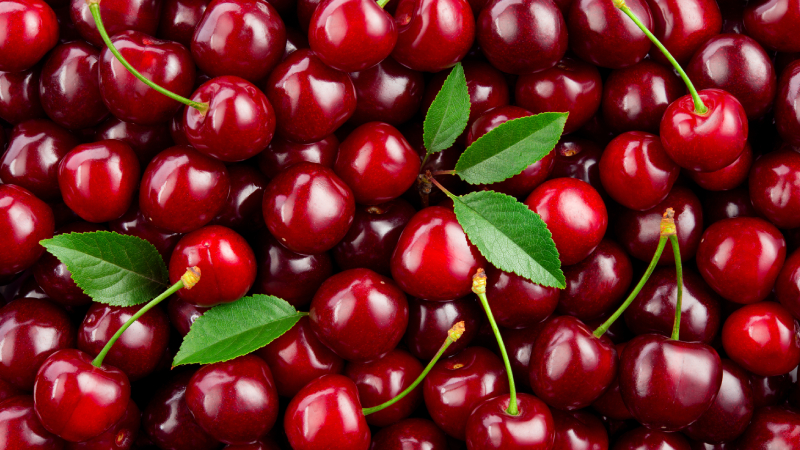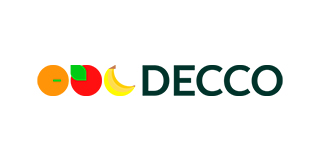
Decco Ibérica
Phytosanitaries
Postharvest solutions for stone fruit: quality, safety and shelf life from field to fork
DECCO leads innovation in technologies and products for the postharvest management of stone fruit, addressing key industry challenges through effective treatments, smart application systems, edible coatings, and ethylene control. The aim is to preserve quality, reduce losses and extend commercial shelf life
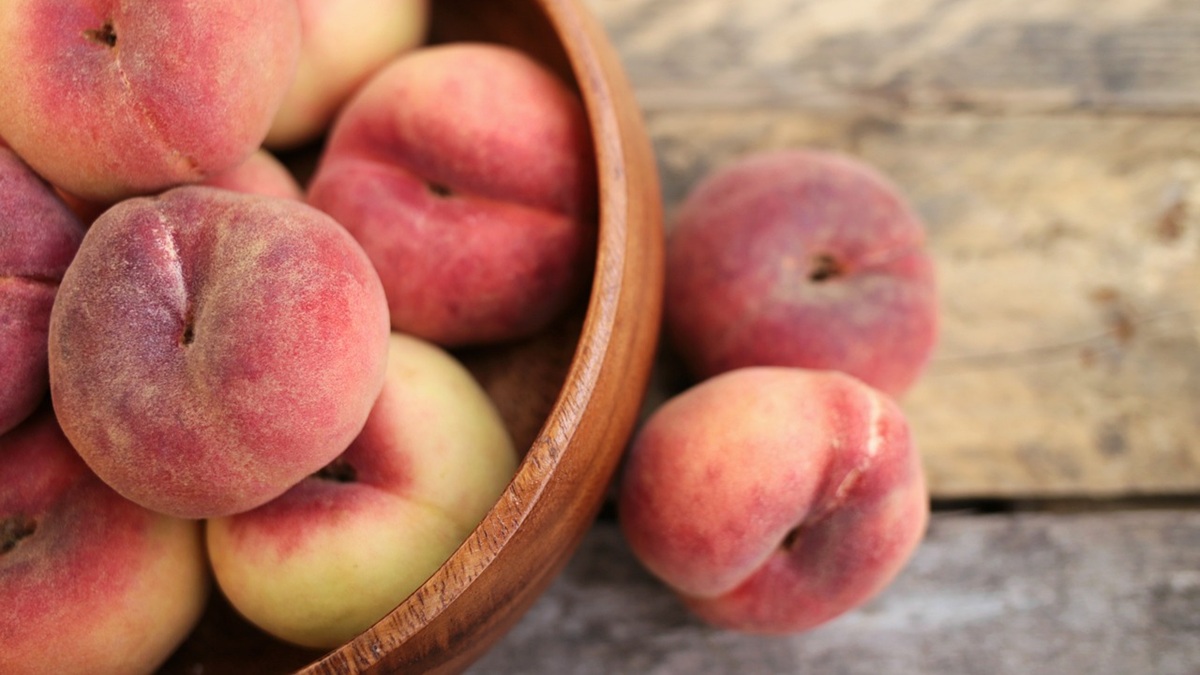
DECCO is a company specialised in comprehensive postharvest solutions for fruits and vegetables, focusing on quality preservation, waste reduction and shelf life extension of fresh produce.
The company offers technologies that cover the entire cycle, from pre-harvest stages to storage, land and sea transport, distribution and arrival at the point of sale. Its solutions are designed to meet the specific requirements of each crop and market.
Currently, DECCO protects around 9.5 million tonnes of citrus fruit, 50% of globally exported pineapples, and 70% of cherries destined for international markets, reflecting its leadership and global reach in the postharvest sector.
In the case of stone fruit, its high sensitivity and short postharvest life demand immediate intervention in the packhouse after harvest. The main challenges in this category are rots caused by two key pathogens:
- Monilinia spp., an infection that originates in the field
- Geotrichum candidum, whose incidence has increased significantly in recent years, becoming an issue of growing concern
Additionally, aesthetic damage such as fruit shrivelling may occur during certain moments of the season. Although it does not compromise food safety, it does reduce commercial value.
Solutions for stone fruit
DECCO advocates the use of drencher and tank treatments as key tools for postharvest stone fruit management. These technologies enable effective fungicide application, ensuring uniform fruit coverage and timely intervention after harvest.
The drencher stands out for its capacity to treat large volumes of fruit quickly and uniformly, making it a highly efficient solution. It provides total fruit coverage and can be integrated with the DECCO Daf system to optimise performance. However, its use requires strict control, as mismanagement can turn it into a potential source of cross-contamination.
The DECCO Daf system is designed for the automatic filling and replenishment of treatment solution in drenchers or tanks. With each processed bin or pallet, it adds the exact amount of fungicide needed to maintain the proper concentration, reducing the risk of human error and ensuring application uniformity. It also features an alarm system that alerts when the product runs low, enhancing treatment safety, precision and efficiency.
Among DECCO’s products, DECCO Pyr is a solution based on 40% pyrimethanil. It works by inhibiting methionine synthesis, an essential amino acid for fungal protein formation. This mechanism interferes with spore germination and prevents lesion development.
DECCO Pyr has both preventive and curative action and has shown high efficacy against a broad spectrum of postharvest pathogens such as:
- Penicillium spp.
- Monilinia spp.
- Botrytis spp.
- Alternaria spp.
- Gloeosporium spp.
- Rhizopus spp.
Trial results show strong performance, with 92% efficacy against Monilinia spp. and 80% against Rhizopus spp.
DECCO Pyr is also used in follow-up treatments to preserve fruit during extended storage periods. In recent trials:
- In Blanquilla pear, it achieved 96% efficacy against Botrytis
- In Golden apple, when combined with dip treatment, it reached 97% control of Botrytis
Packhouse disinfection and pathogen control
The first line of defence against pathogens that cause rots is proper facility disinfection. In this context, the DECCO Washer offers an effective, precise and consistent solution for in-line fruit washing, significantly reducing microbial load and minimising the risk of cross-contamination during the postharvest process.
This dosing equipment is designed for the automated application of DECCO Sol and/or DECCO Said, two key products for hygienic control in fruit and vegetable handling facilities.
- DECCO Sol is a postharvest-specific detergent made with biodegradable ingredients. It effectively removes dirt, dust and residues from the fruit without compromising wastewater quality, making it an environmentally friendly option.
- DECCO Said is a no-residue disinfectant that prevents biofilm formation on surfaces and in treatment systems. It can be applied via drencher, tank or spray systems, adapting to different packhouse configurations.
To ensure continuous and effective disinfection, DECCO has developed dedicated application and monitoring systems for DECCO Said. These systems automatically adjust dosing based on the water’s redox potential, maintaining proper product concentration and ensuring consistent disinfectant action.
Key benefits of this approach include:
- Reduced water contamination.
- Lower water consumption.
- Minimized cross-contamination risk.
Additional positive results were presented for other DECCO products such as:
- DECCO Triplex, a surface biocide effective against bacteria, fungi and viruses, ideal for cleaning and disinfecting handling areas
- DECCO Aerosol Ultra, an environmental biocide designed to combat resistance and significantly reduce airborne spores, enhancing facility biosecurity
The potential of coatings
Edible coatings are key tools to extend fruit shelf life by acting as a physical barrier that reduces moisture loss, delays senescence and prevents pathogen action. For stone fruit, DECCO offers Naturcover, a coating specifically developed for this category that significantly reduces weight loss and extends commercial life.
Trials with Naturcover have shown effectiveness in:
- Reducing weight loss during storage.
- Maintaining fruit firmness.
- Minimising dehydration of both fruit and stem.
- Extending shelf life while preserving sensory quality.
Uniform and precise application of Naturcover is achieved through the DECCO Dos dosing system, currently under development and designed specifically for stone fruit lines. This system allows for:
- Even coating application.
- Consistent residue levels.
- Manual, automatic or integrated operation with DECCO Vision, a system that optimises coating through computer vision.
Ethylene control in stone fruit
Ethylene is a plant hormone that regulates physiological processes such as ripening and senescence. In stone fruit, its presence during storage and transport can accelerate ripening, affect quality and reduce shelf life.
To counter these effects, DECCO offers FRUITSMART, a formulation based on 1-MCP (1-methylcyclopropene). This compound blocks ethylene receptors in fruit tissues, slowing ripening and preserving quality for longer.
Benefits observed in stone fruit trials include:
- Reduced weight loss.
- Maintained firmness.
- Up to 77% reduction in internal browning in sensitive varieties.
- Significant reduction of translucency in flat nectarines.
- Effective extension of commercial shelf life.
With these solutions, DECCO offers a comprehensive strategy to optimise the quality, safety and postharvest life of stone fruit from field to consumer.
This content is based on the presentation by Julio Marín at PostharvestTALKS Fraga.


